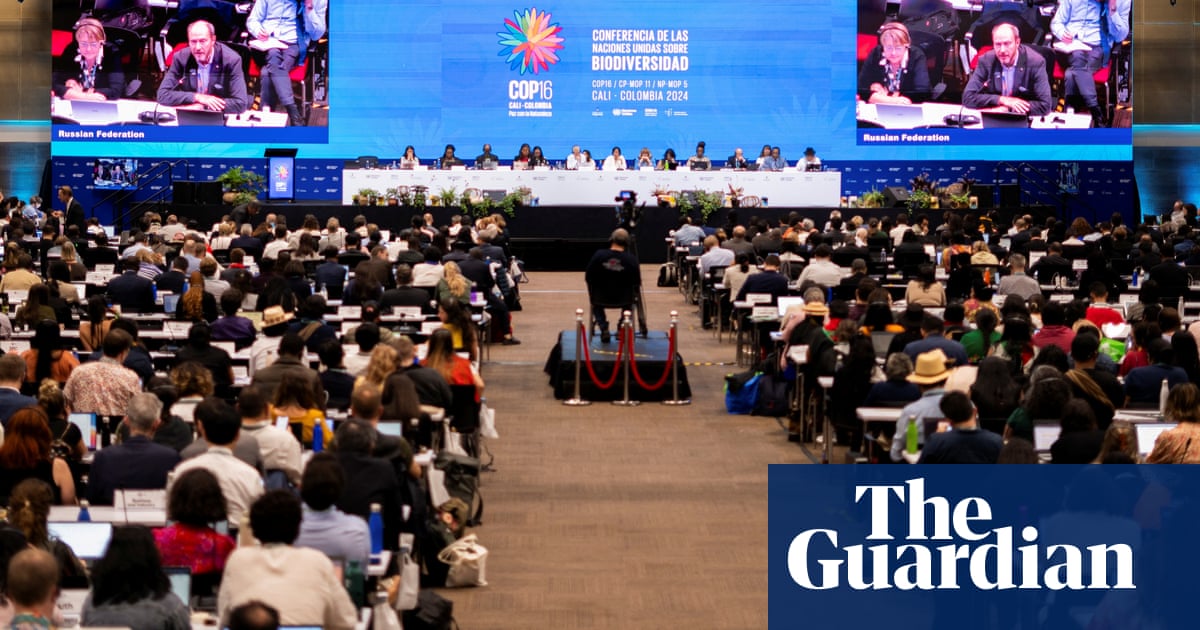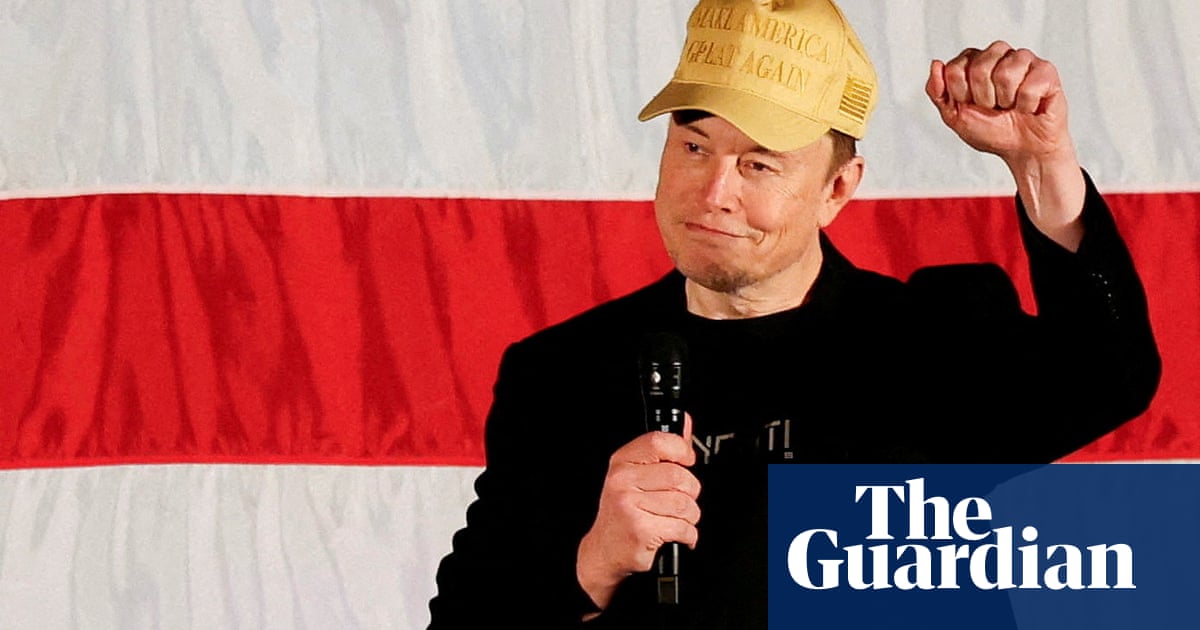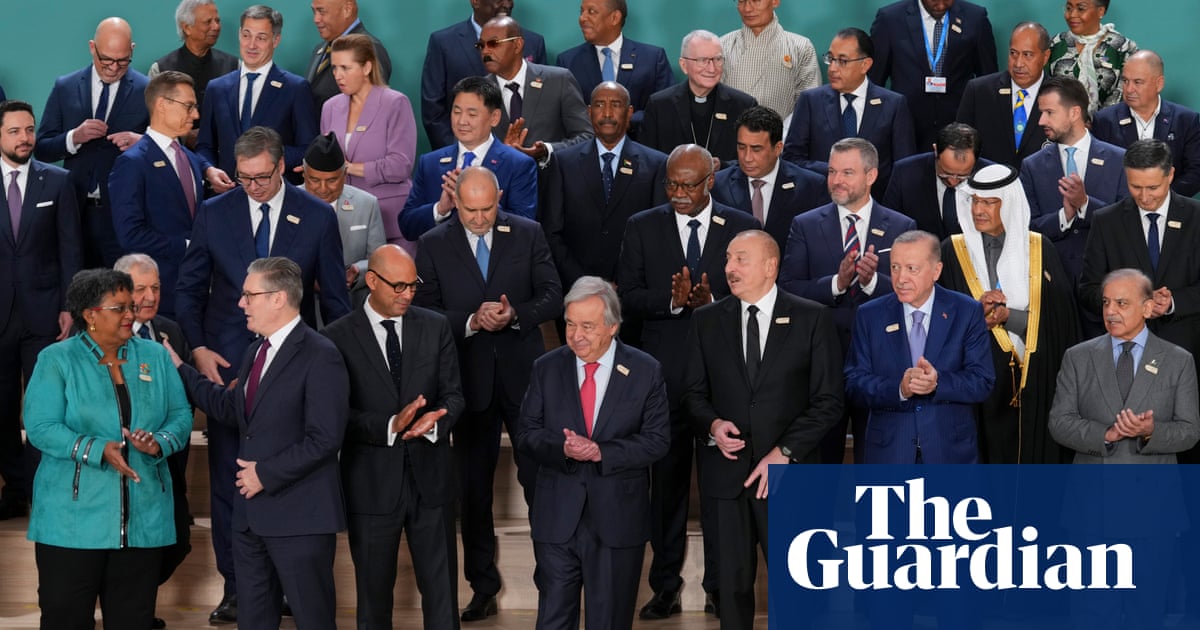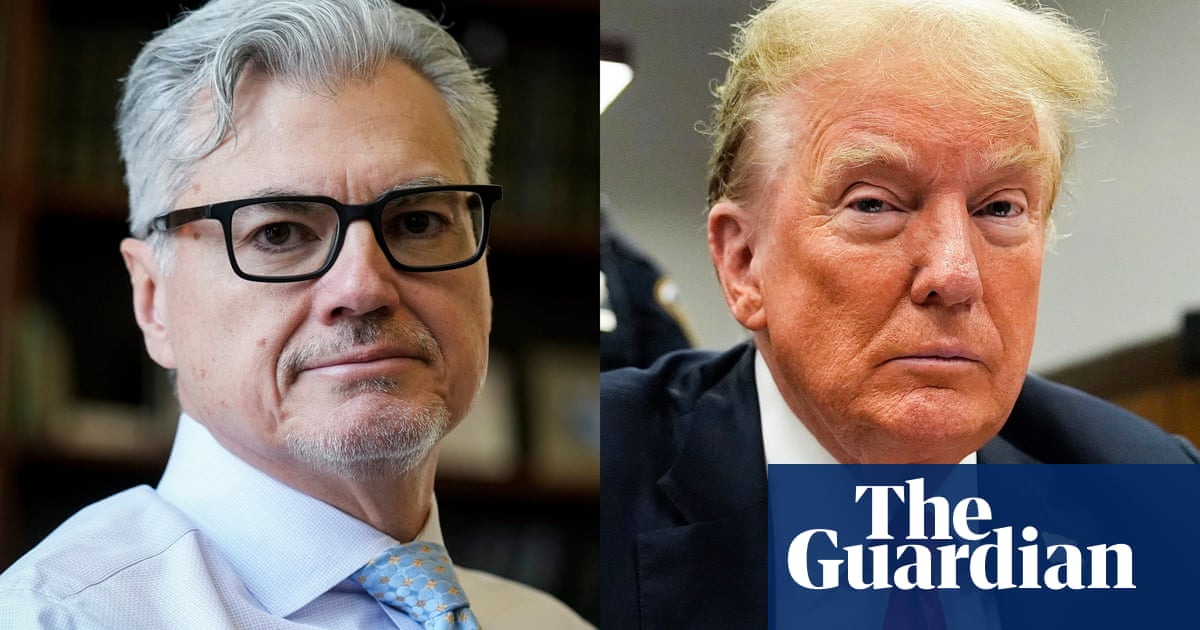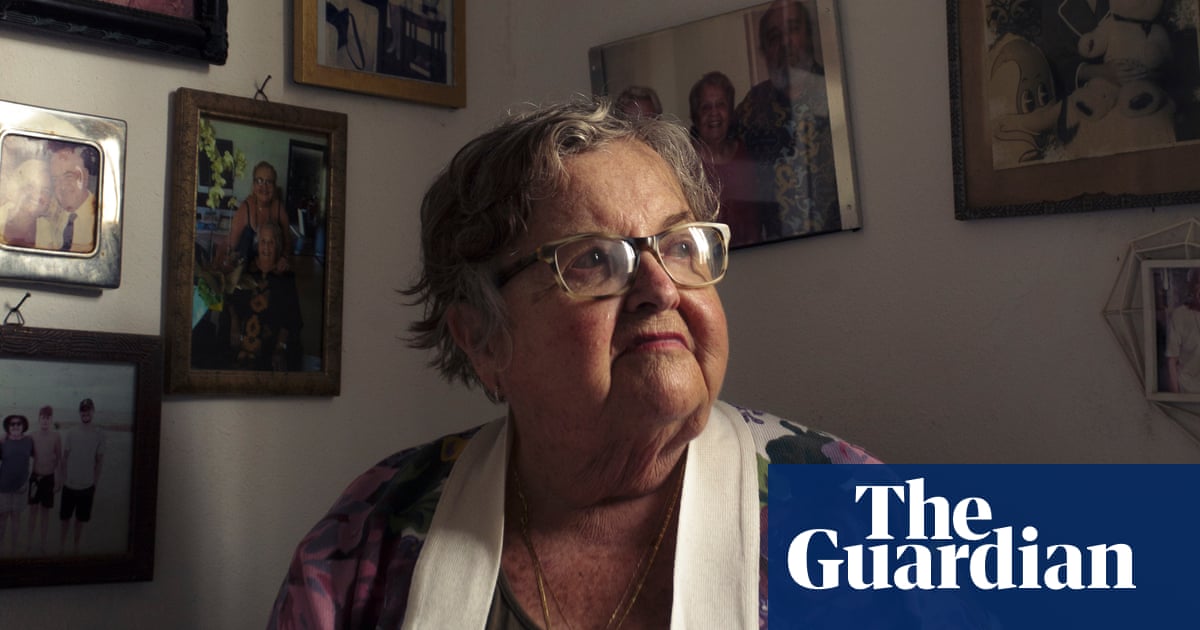Record numbers of business representatives and lobbyists had access to the UN’s latest biodiversity talks, analysis shows.
In total 1,261 business and industry delegates registered for Cop16 in Cali, Colombia, which ended in disarray and without significant progress on a number of key issues including nature funding, monitoring biodiversity loss and work on reducing environmentally harmful business subsidies.
The number is more than double the 613 present at the UN’s previous biodiversity conference in 2022.
Overall, the number of attendees increased by 46%, making Cop16 the largest UN nature conference yet, although business and industry increased disproportionately. Industry groups working in pharmaceuticals, oil and gas, agrochemicals, food and beverage processing and tech all had more people registered to attend, according to the analysis by DeSmog.
Some question the influence that these companies might have had on the outcomes of the summit negotiations.
Sectors with the greatest increases included food and beverage processing (up 460%) and tech (up 333%). The presence of agrochemical, pesticide and seed companies increased by 40% and 24% respectively since Cop15. “We certainly saw a stronger lobbying push for policies that favour agricultural productivity, and that clashed with the conservation goals and the position of civil society,” said Oscar Soria, director of the Common Initiative thinktank.
There was also a 25% increase in biotech representatives, who Soria said were “aggressive in pushing back on progress related to digital sequencing information (DSI)”. This was the voluntary agreement to make companies share profits from commercial discoveries derived from nature’s genetics. “Seems all of a sudden the private and business sector woke up and now they’re trying to defend their interests,” he said.
Agrochemical and biotech industry trade group CropLife International sent 17 representatives. There were 10 representatives from Nestlé, and nine from ExxonMobil. This is more than some country delegations, including Belize which had seven delegates, Jamaica with six and the Bahamas with two.
Some groups appeared to have close state-industry relations, with more than a dozen business representatives registered with country delegations, rather than separate business delegations. These included CropLife, which had three members as part of Canada and Brazil’s country delegations. Three representatives from chemical manufacturing company Basf were registered with Mexico and Brazil, while one industry representative from crop company Syngenta entered with Switzerland. Eight representatives of Biotechnology Industry Association of Brazil, a biotech industry lobby group, attended with Brazil’s government delegation.
Country parties determine their own delegations and who is going to represent them, and it is not controlled by the UN, which holds the convention on biological diversity (CBD).
The number of sector-specific business and industry attendees are likely to be underestimates: DeSmog’s analysis counted a delegate as an industry representative if they were part of a top 10-20 market share company in a sector that used nature as a resource, or if they were brought in by a delegation representing the interests of these companies.
Rob Cooke, who is a member of the British Ecological Society and attended Cop16 as part of a team from the UK Centre for Ecology & Hydrology, said he felt torn about the size of industry presence. “On the one hand, I optimistically see it as sign that nature is being taken seriously in terms of business and finance. We need these actors to be involved in discussions if we are to mainstream biodiversity across all sectors, and we need more money for biodiversity,” he said.
“On the other hand, the pessimist in me worries that industry representatives may use their influence to water down regulations or delay the necessary actions to halt biodiversity loss. Could their presence have contributed to the stalling and breakdown of implementation negotiations? It’s hard to tell, as these conversations likely happened behind closed doors.”
The UN says it is important to bring private interests to the negotiating table. “This is the greatest representation of business at a CBD Cop,” said David Ainsworth, head of communications for the UN’s CBD. “The increased presence of any groups to our meeting demonstrates the growing awareness of the importance of the biodiversity agenda. For business, it seems to me that it reflects the recognition that this area is becoming of interest for business.”
